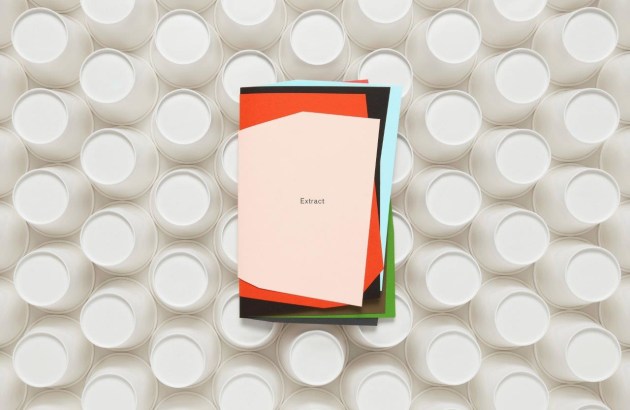Paper merchant Ball and Doggett has launched Extract, a new paper made from recycled coffee cups, to highlight what it says is a global problem.
Extract is made in the UK by paper manufacturer G . F Smith, in partnership with specialist mill James Cropper’s CupCycling solution. Ninety per cent of the waste from each cup is turned into FSC-certified paper fibre, then the remaining 10 per cent, which is plastic, is used elsewhere.
According to Tony Bertrand, national marketing manager at Ball and Doggett, the initiative is part of the company’s commitment to reducing plastic consumption and its environmental impact.

“If we’re successful in inspiring a better awareness of waste and its impact on the environment, we’ll be able to discontinue Extract altogether,” said Bertrand.
About 2.7 million disposable coffee cups are consumed every day in Australia, with fewer than one in 400 being recycled. The polyethylene that prevents the cup from becoming soggy requires a special process to separate from the remaining plastic waste.
John Haslam, joint managing director at G . F Smith, says Extract is just a small step towards solving the coffee cup issue, and more must still be done.
“Extract by itself is not the solution to the world’s coffee cup problem. Ultimately, smart design will create a sustainable solution to the challenge presented by coffee cups.
“It’s our combined way of meeting the challenge by creating something beautiful from nothing,” he said.







